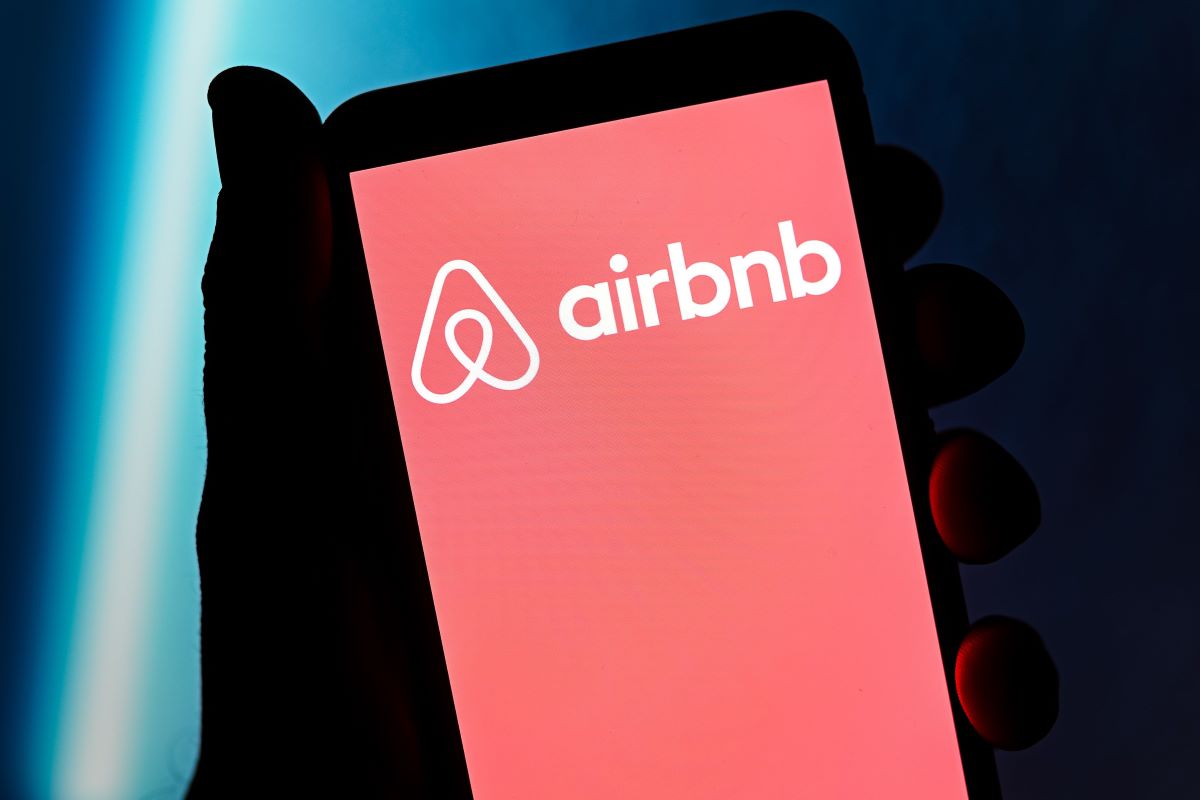Airbnb has filed a lawsuit against the New York City Mayor’s Office of Special Enforcement, challenging the city’s short-term rental law.
The company is seeking a ruling from the New York State Supreme Court to declare the regulations “invalid and unenforceable” and to halt their implementation with an injunction until a final decision is made on the petition. This legal action was initiated by Airbnb on Thursday.
The regulations in question stem from Local Law 18, which was enacted by the city in early 2022. The enforcement of these rules is set to begin in July.
Local Law 18 requires individuals offering short-term rentals to register with the New York City Mayor’s Office of Special Enforcement.
It also prohibits platforms like Airbnb from “processing transactions for unregistered short-term rentals” within the city, according to the information on the Office of Special Enforcement’s website.
Airbnb, through a publicly available email from Global Policy Director Theo Yedinsky, contends that Local Law 18 and its associated rules “effectively ban short-term rentals in New York City” and are “punitive and burdensome.”

The company argues that the regulations will cause “irreparable harm” to both Airbnb and its users in the city.
The petition claims that the registration requirement could discourage short-term rentals by imposing extensive and intrusive personal information disclosures and requiring compliance with a complex array of laws and regulations.
Airbnb also argues that the law would damage the company’s “goodwill and reputation” with hosts and guests and lead to “substantial compliance costs” that the company would be unable to recover.
Airbnb stated in the legal filing that it could potentially lose $6.7 million in a month if it were required to remove all short-term rental listings in New York City to comply with the new verification rules for that period.
As of January, the company reported having approximately 38,500 non-hotel rental listings in New York City that had been booked at least once.
Airbnb hosts are expected to receive information next week about how the new enforcement could affect their bookings post-July 1, including guidance for both hosts and their guests, according to Yedinsky.







Leave a Reply